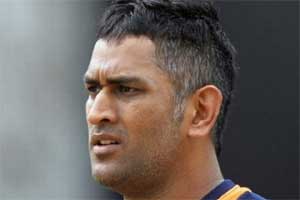Should celebrities endorsing brands be held responsible for any false claims the product company makes is one issue that is generating a lot of heated debate.
The Parliamentary Standing Committee’s report on the Consumer Protection Bill 2015 suggested that celebrity brand endorsers should be fined and/or jailed if found guilty of endorsing misleading ads. The report states that for a first-time offence, the celebrity may be penalised with either a fine of Rs 10 lakh or imprisonment of up to two years, or both. For a second-time offence, the penalty gets raised to Rs 50 lakh and up to five years of imprisonment, adds the report.
However, industry insiders hold a less harsh view. Piyush Pandey, executive chairman and creative director, Ogilvy & Mather, suggests that the primary task should be to carefully define and understand the term ‘misleading’. Next, endorsers need to be proactive in acquiring information that substantiates the claims made by a company.
“Something like this has to be assessed on a case-to-case basis,” Pandey tells FE. “When a celebrity endorses a car, he does not necessarily know what the mechanics of the car are. The same applies when they are endorsing a food product that has been in the market for 10 to 20 years. A celebrity cannot be held responsible if, say, an airbag of a car fails to open, something which he or she is not an expert at,” he says.
Srinivasan Swamy, chairman and managing director, RK Swamy BBDO, and president, IAA India Chapter, lists out the chain of liability when he says, “Brand endorsers should be held accountable, but they certainly are not the prime bearers of responsibility; rather they are accomplices of an exaggerated claim. Penalising in the form of a fine seems adequate, but it should be seen as a civil offence rather than a criminal one.”
Anand Halve, co-founder, Chlorophyll, notes that the issue goes beyond holding a brand’s face responsible. “In case corrective action needs to be taken, there should be a due process of appeal available,” he says. “In the meantime, the association between the company and the brand ambassador can be suspended when the matter is in observation.
The piece of communication must also be suspended till the matter is resolved and the suspension should be communicated to the audience.”
Some feel that if the controversy is to do with a product that makes specific functional claims, then it is very important to make the brand ambassador responsible. “To that extent, brand ambassadors should be a lot more careful and they should ensure due diligence on the company that is making the claims,” says Sunil Alagh, founder and chairman, SKA Advisors. He maintains that while a jail term might not be the best way forward, the endorser should return all the monetary compensation they have received from the company to the government.

